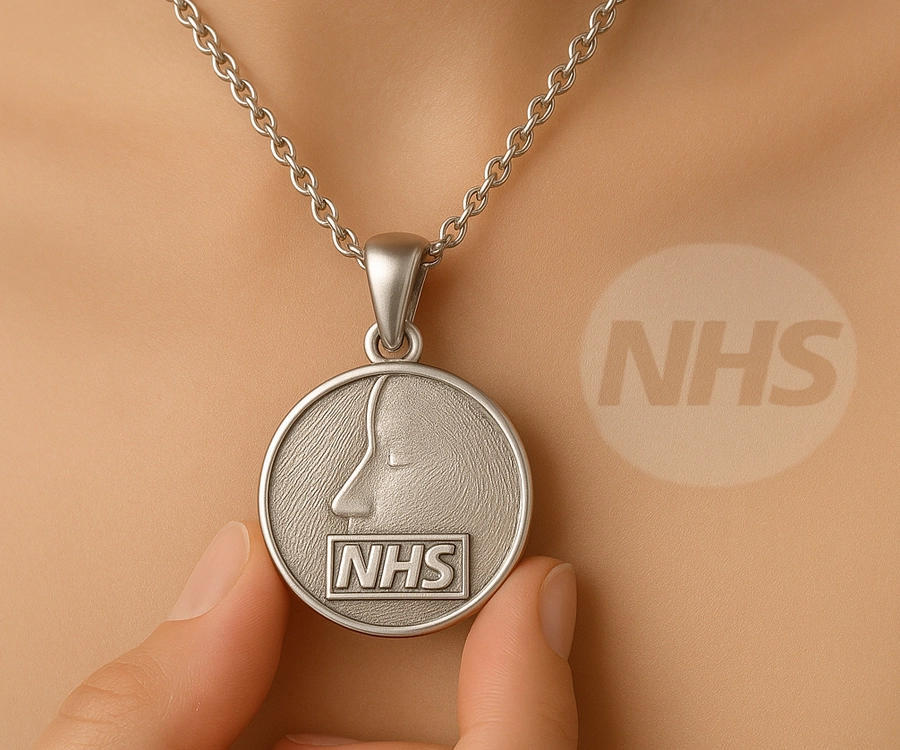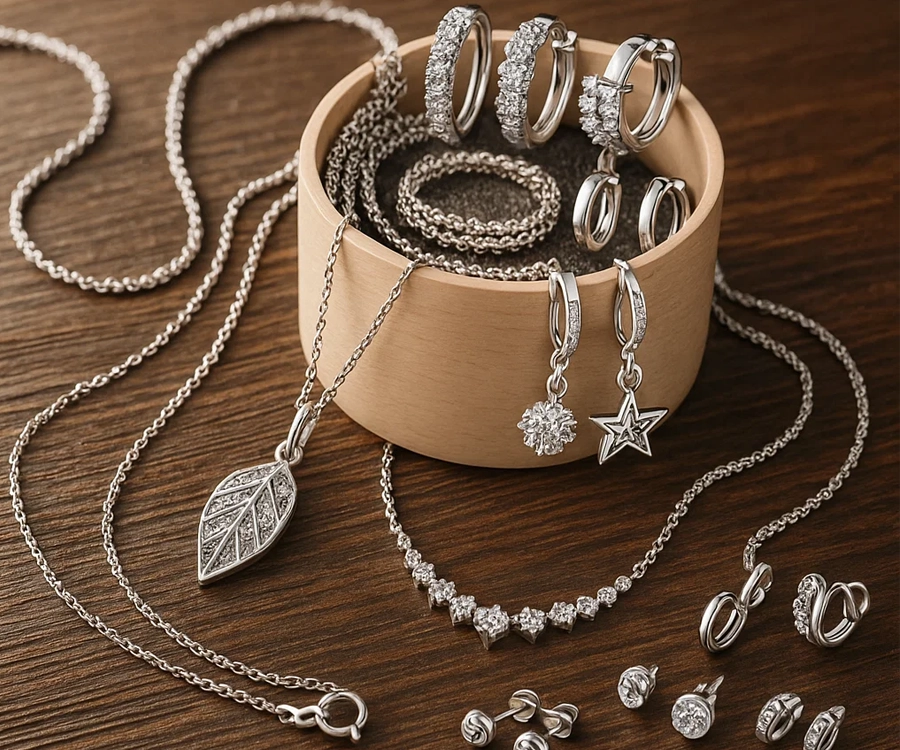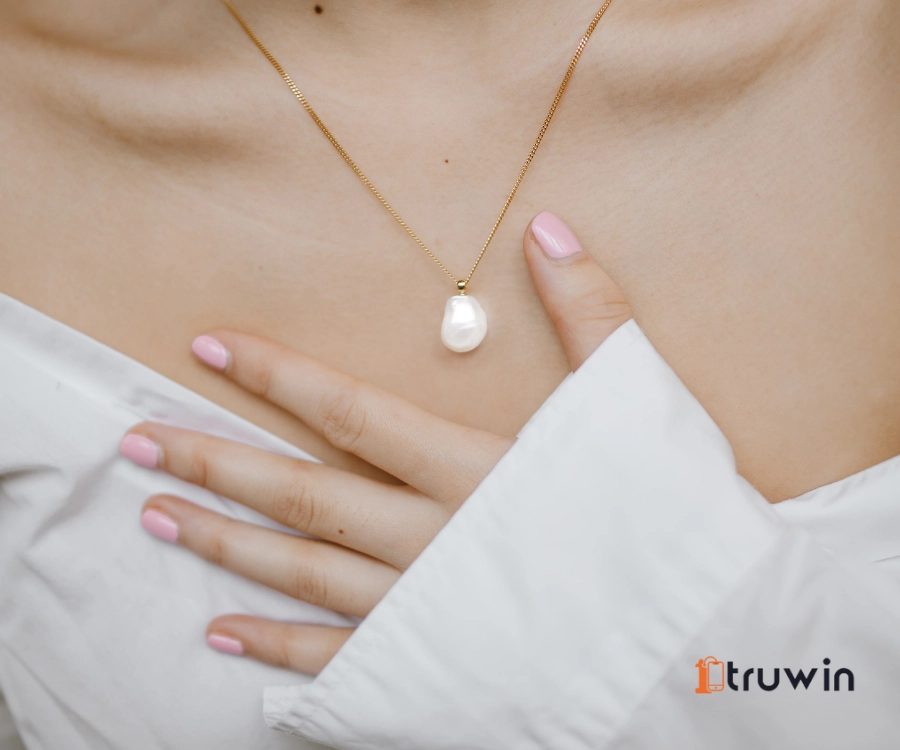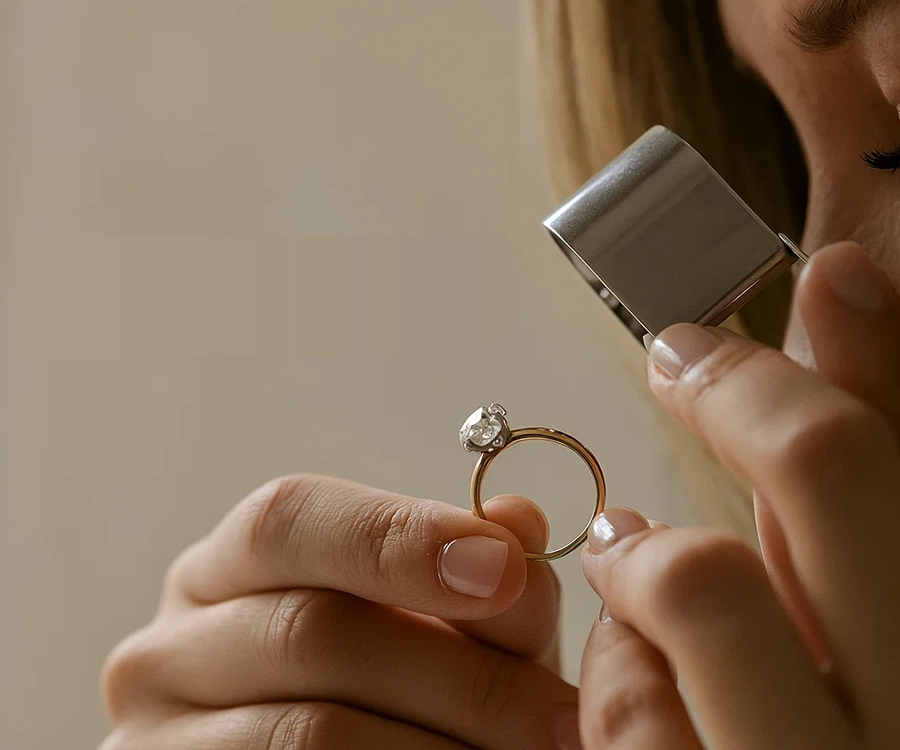For the 15% of UK adults with metal sensitivities, selecting the right jewellery can mean the difference between elegance and irritation. The NHS recommends avoiding common allergens—especially nickel—by opting for pure metals or certified hypoallergenic alloys. This guide explains what “hypoallergenic silver” means, how UK regulations protect you, and which silver options are safest for sensitive skin. For more on skin reactions, see the NHS contact dermatitis page
What Is Hypoallergenic Silver?
Hypoallergenic silver refers to silver jewellery formulated or treated to minimise contact dermatitis. Standard sterling silver (92.5% silver, 7.5% alloy) may contain trace nickel, a frequent trigger. Truly hypoallergenic silver:
-
Uses nickel-free alloys (e.g., copper, zinc, germanium)
-
Employs barrier coatings (e.g., rhodium plating)
-
Meets UK/EU nickel-release limits under BS EN 1811:2011
NHS-Endorsed Allergy Basics
Contact dermatitis is an immune reaction to harmless substances causing itching, rash, or severe eczema. Nickel is the top culprit in jewellery allergies; silver can also provoke reactions if improperly alloyed or plated. The NHS advises anyone with persistent skin reactions under jewellery to consult
UK Regulation: Your Safety Net
EU and UK law limit nickel release to 0.2 µg/cm²/week for piercings and 0.5 µg/cm²/week for prolonged contact items (e.g., rings) under the REACH regulations. Reputable UK jewellers:
-
Test silver via dimethylglyoxime spot assays
-
Label products with “925” purity and “nickel-free” where applicable
-
Avoid unregulated vintage or artisanal pieces lacking certification
The Best Silver Options for Sensitive Skin
| Silver Type | Features |
|---|---|
| Fine Silver (≥ 99.9% Ag) | Eliminates alloy irritants; ideal for earrings or pendants. |
| Argentium® Sterling | Germanium-hardened, nickel-free; tarnish-resistant barrier. |
| Rhodium-Plated Sterling | Hypoallergenic coating blocks residual allergens; re-plate as needed. |
Caring for Your Hypoallergenic Silver
Clean and protect your jewellery:
-
Wash weekly with a mild, soap-free solution
-
Rinse after contact with sweat or cosmetics
-
Store pieces separately in fabric-lined boxes
When to Seek NHS Advice
If you develop a persistent rash, blisters, or swelling under jewellery:
-
Remove the item immediately.
-
Apply an over-the-counter emollient or antihistamine cream.
-
Contact NHS 111 or your GP if symptoms worsen or do not subside within 48 hours.
By following NHS guidance and UK regulations, you can enjoy the elegance of silver without compromising sensitive skin. Choose nickel-free alloys, certified purity marks, and barrier coatings to keep both your style and skin in perfect harmony.





